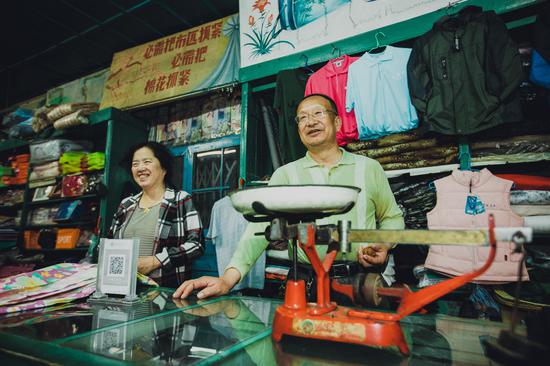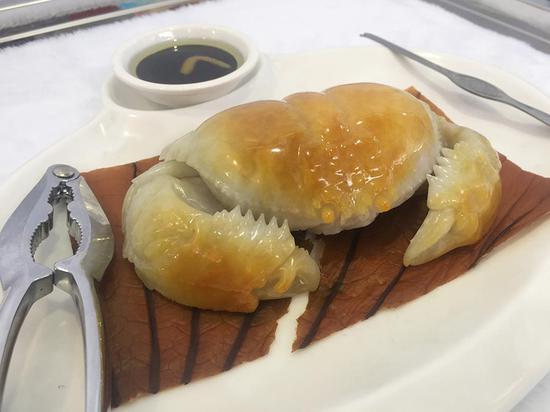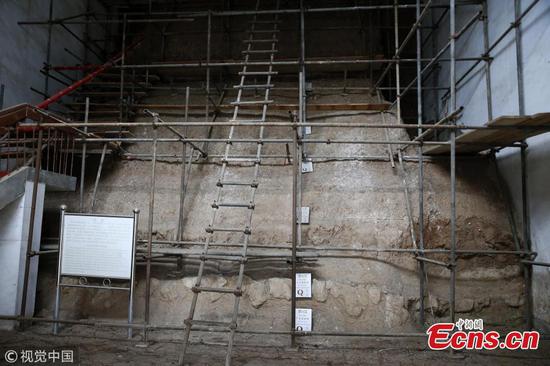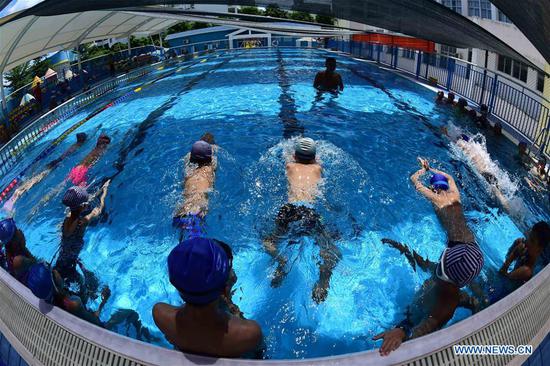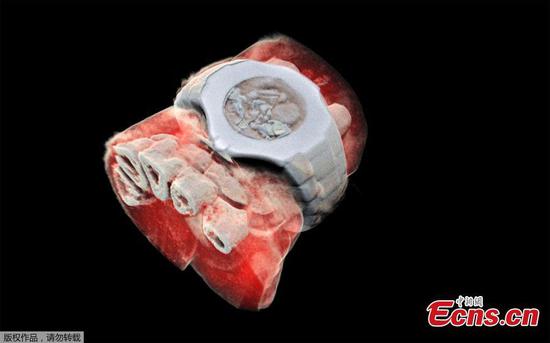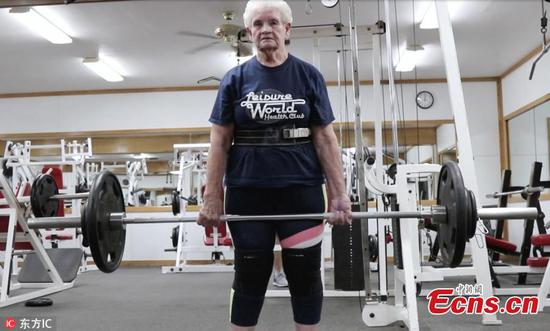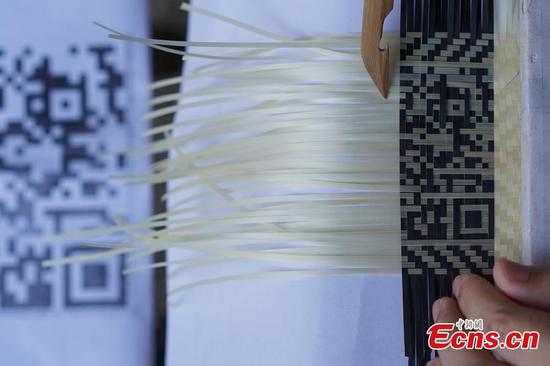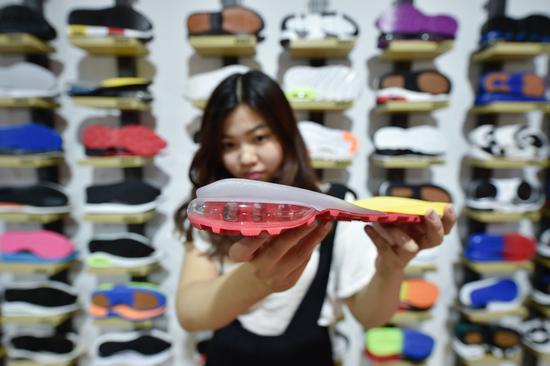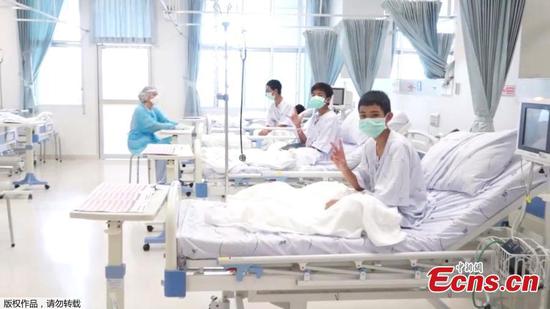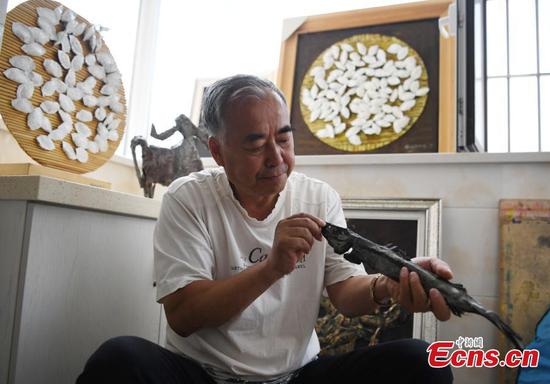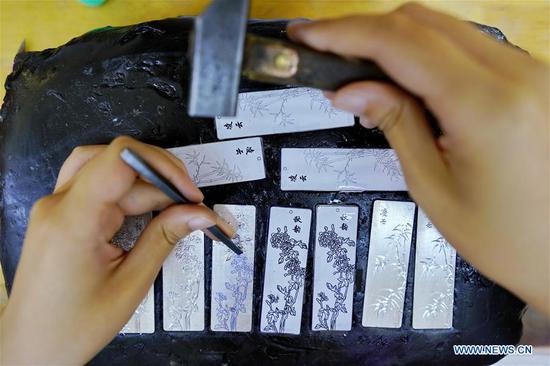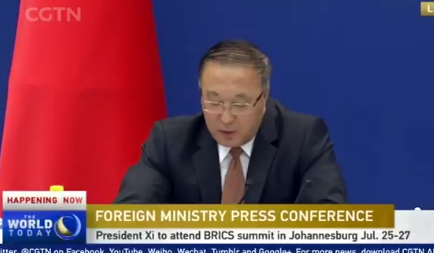A joint study by Nankai University in China and King's College London could lead to a new approach to regenerating blood vessels.
Cardiovascular disease is a leading cause of disease and death globally. According to a Chinese cardiovascular disease report, the number of patients has reached 290 million in China.
In the treatment of cardiovascular disease, implantation of artificial materials or devices has been widely used, such as artificial blood vessels, coronary stents, and heart valves.
However, current materials have a high risk of restenosis, a re-narrowing of blood vessels that may lead to restricted blood flow. It usually occurs after clearing the blockage in vessels that have narrowed.
Developing new implant materials to promote vascular regeneration has become a focus of the research. Researchers involved in the collaborative study decided to investigate the role of a key protein in growth of new blood vessels known as Dickkopf-3 (DKK3).
In experiments on mice, researchers used a DKK3 protein to build an artificial blood vessel. After interacting with CXCR7, a protein receptor on the surface of vascular stem cells, it activated downstream signaling pathways, indicating that DKK3 could help induce the movement of stem cells and regrow vessels.
Stem cells can self-renew or multiply while maintaining potential to develop into other types of cells. Researchers have found that some vascular stem cells play an important role in vessel regeneration.
The findings may help make degradable grafts resembling natural blood vessels, said researchers.
The joint study was published in the international journal Circulation Research earlier this month.
Before the study, another research team also found a peptide in vascular stem cells that could induce the movement of stem cells and growth of vascular endothelial cells, which line the inside of blood vessels.
The peptide has great potential to be applied in vascular regenerative medicine, said leading researcher Zhao Qiang.









